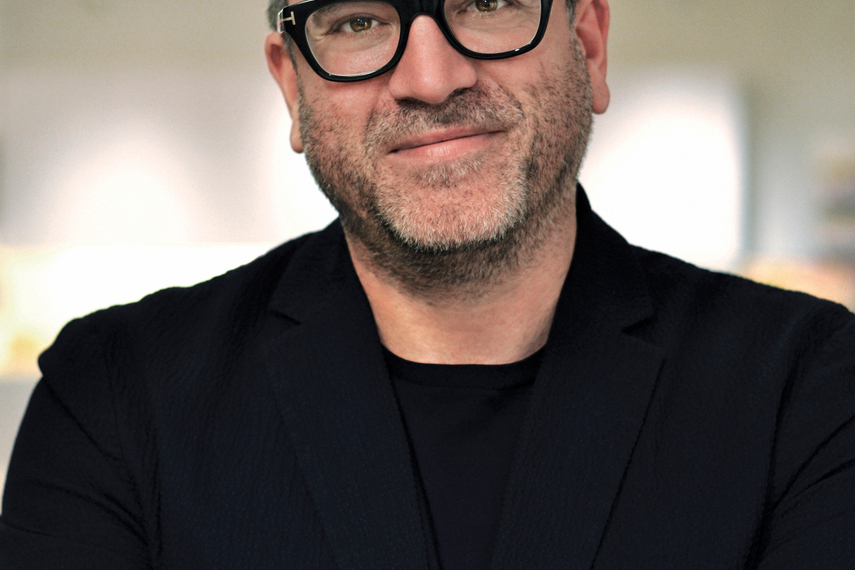
Please sign in or register
Existing users sign in here
Having trouble signing in?
Contact Customer Support at
[email protected]
or call+91 22 69489600
Latest in a series of interviews between a rising copywriter and a senior creative about making it in adland

Contact Customer Support at
[email protected]
or call+91 22 69489600
Top news, insights and analysis every weekday
Sign up for Campaign Bulletins
The Stranger Things-themed activation in Delhi-NCR extends the in-app Telekinesis Store into an offline space.
National Award-winning actor is the Gujarat face of the brand's latest ‘Brides of India’ edition.
It is understood the deferral affects all WPP networks.
The nationwide investor awareness initiative focuses on identifying and avoiding fraudulent online investment platforms.